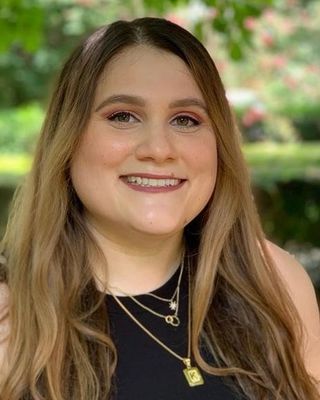Obsessive-compulsive disorder (OCD) is far more than a desire for tidiness or organization — it's a serious mental health condition that affects how individuals think and behave, impacting 1%-2% of the general population.
In this video, Dr. Katie Burns, a licensed clinical psychologist with Northside Hospital Behavioral Health Services, discusses the intricacies of OCD. She explains the hallmark symptoms, including intrusive thoughts — unwanted images or urges that cause significant distress, fear and sometimes disgust. These thoughts often lead to compulsive behaviors as attempts to manage the resulting anxiety, creating a cycle of distress and compulsions.
For a formal diagnosis of OCD, a clinical interview with a mental health professional is essential. This comprehensive assessment includes evaluating the intensity and frequency of symptoms and personal and family medical history.
The good news is that OCD is highly treatable. As Dr. Burns emphasizes, overcoming OCD is possible with the right support, patience and tools.
Learn more about behavioral health services at Northside.

